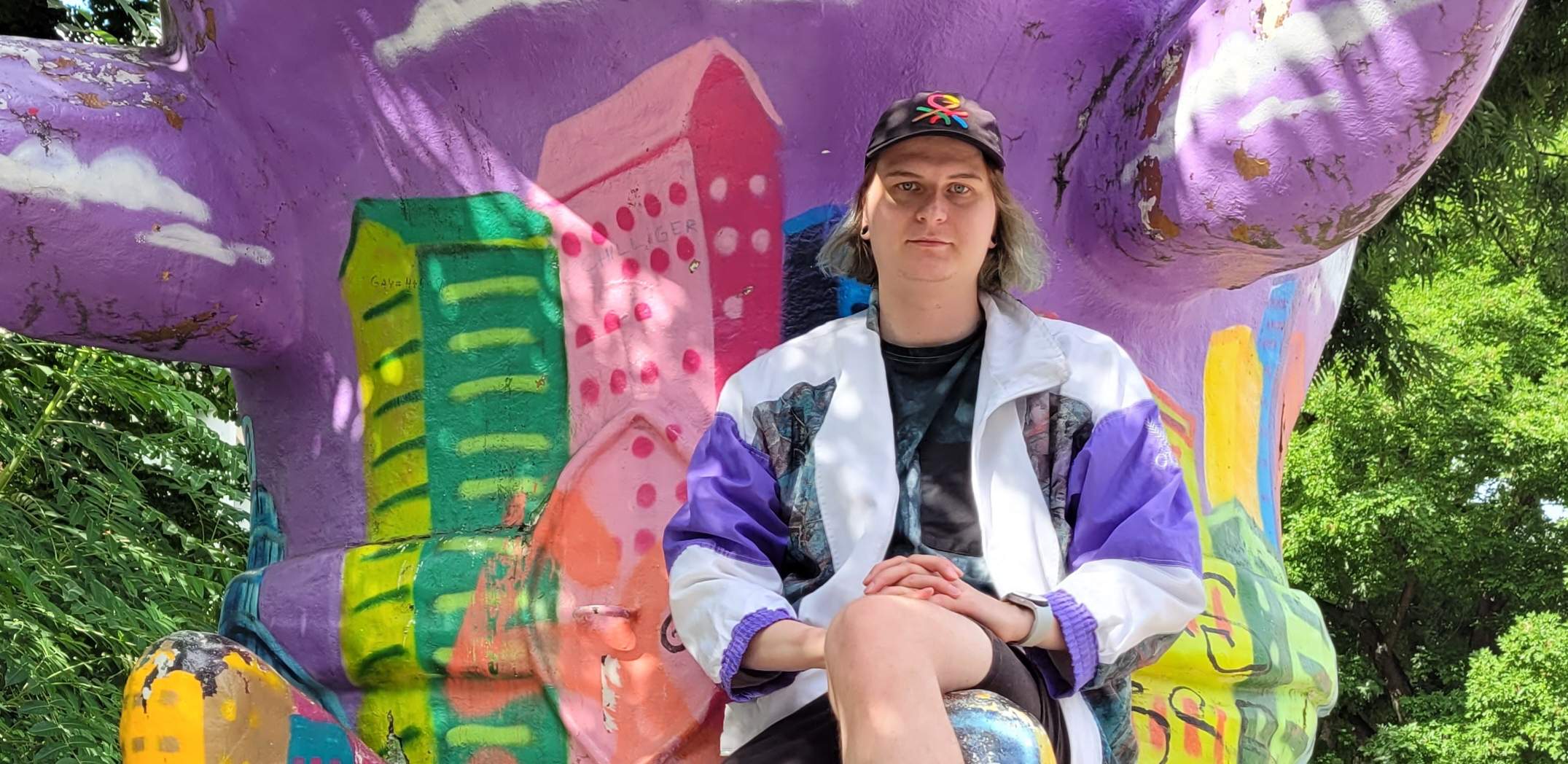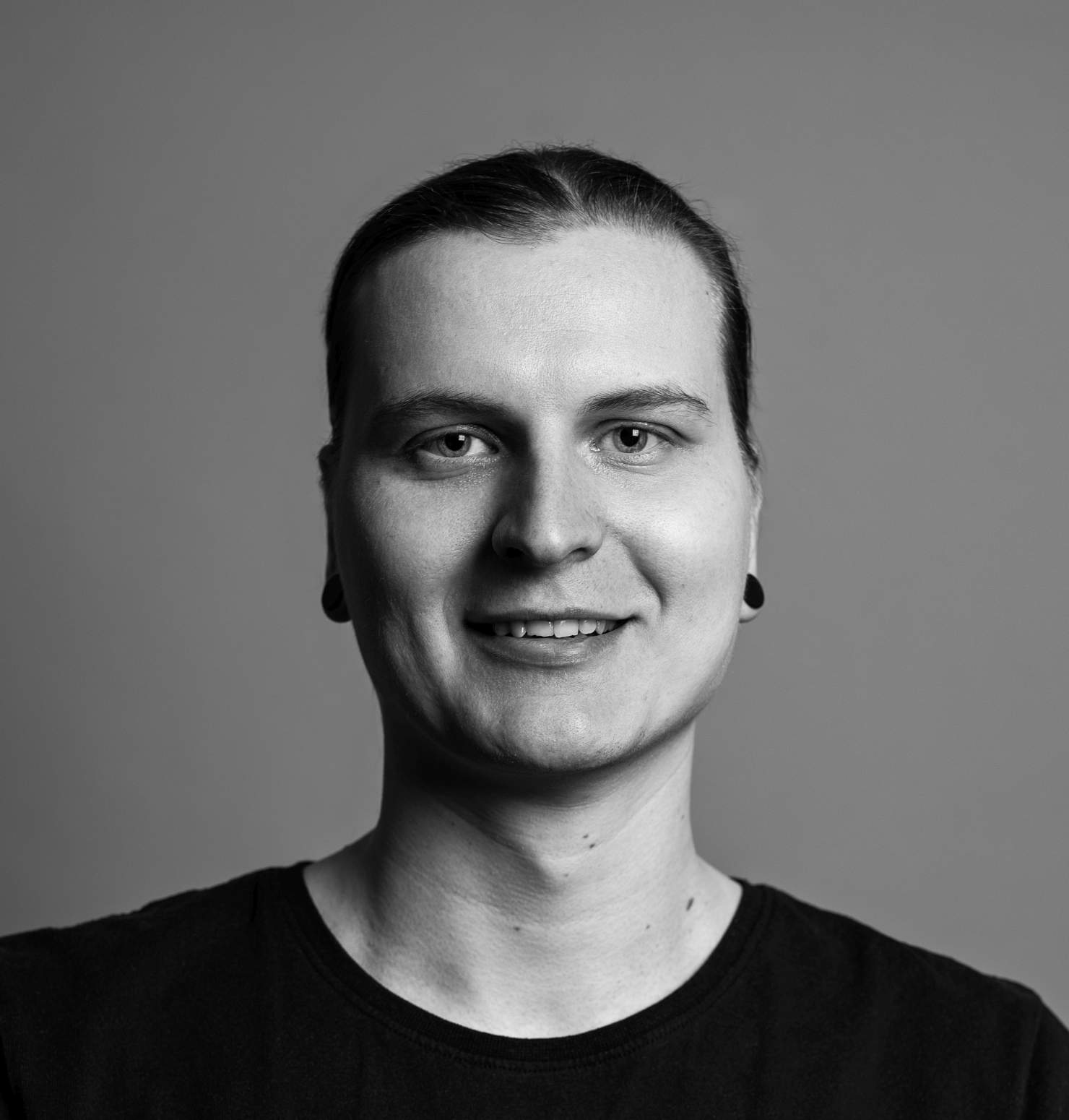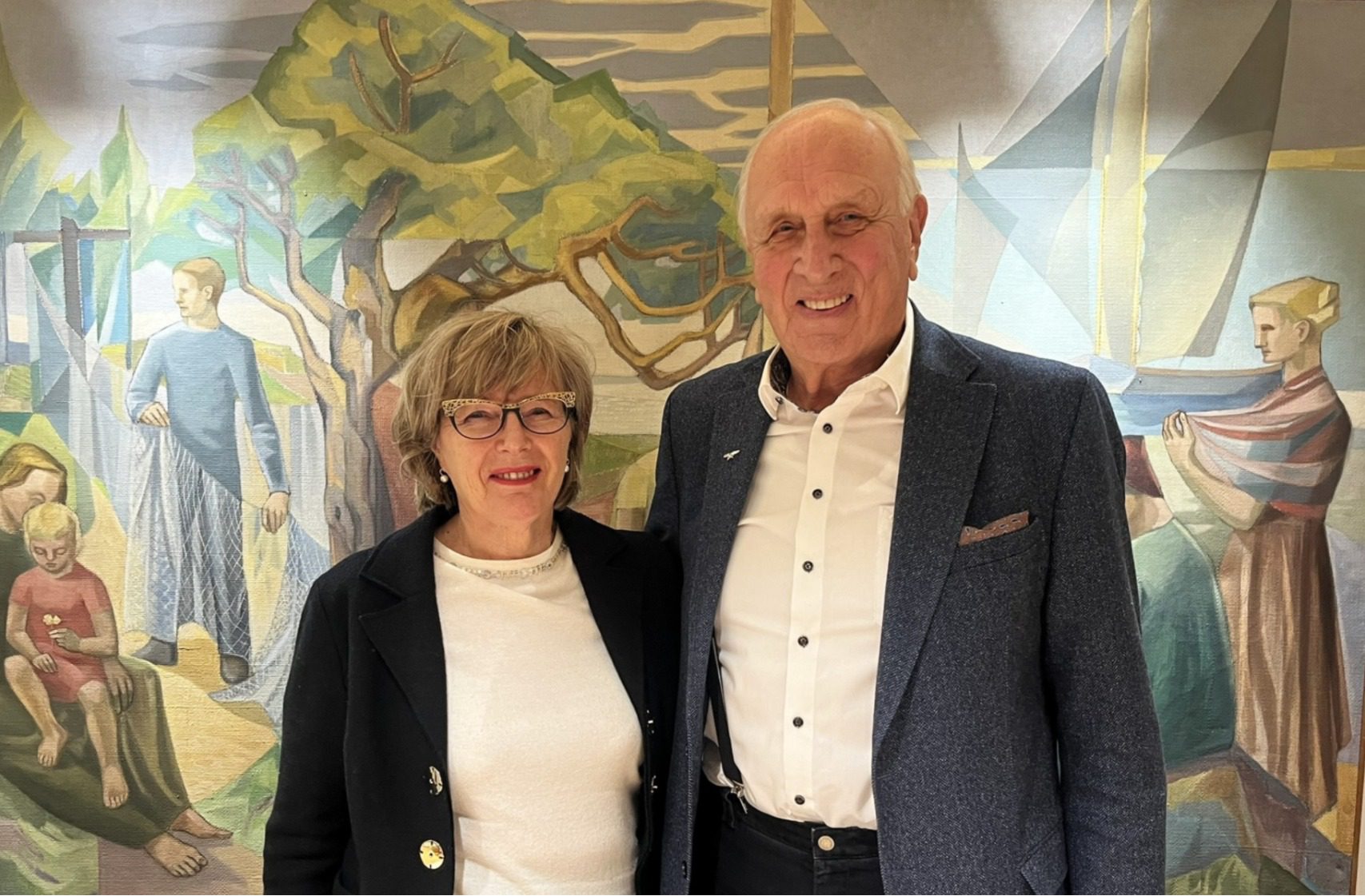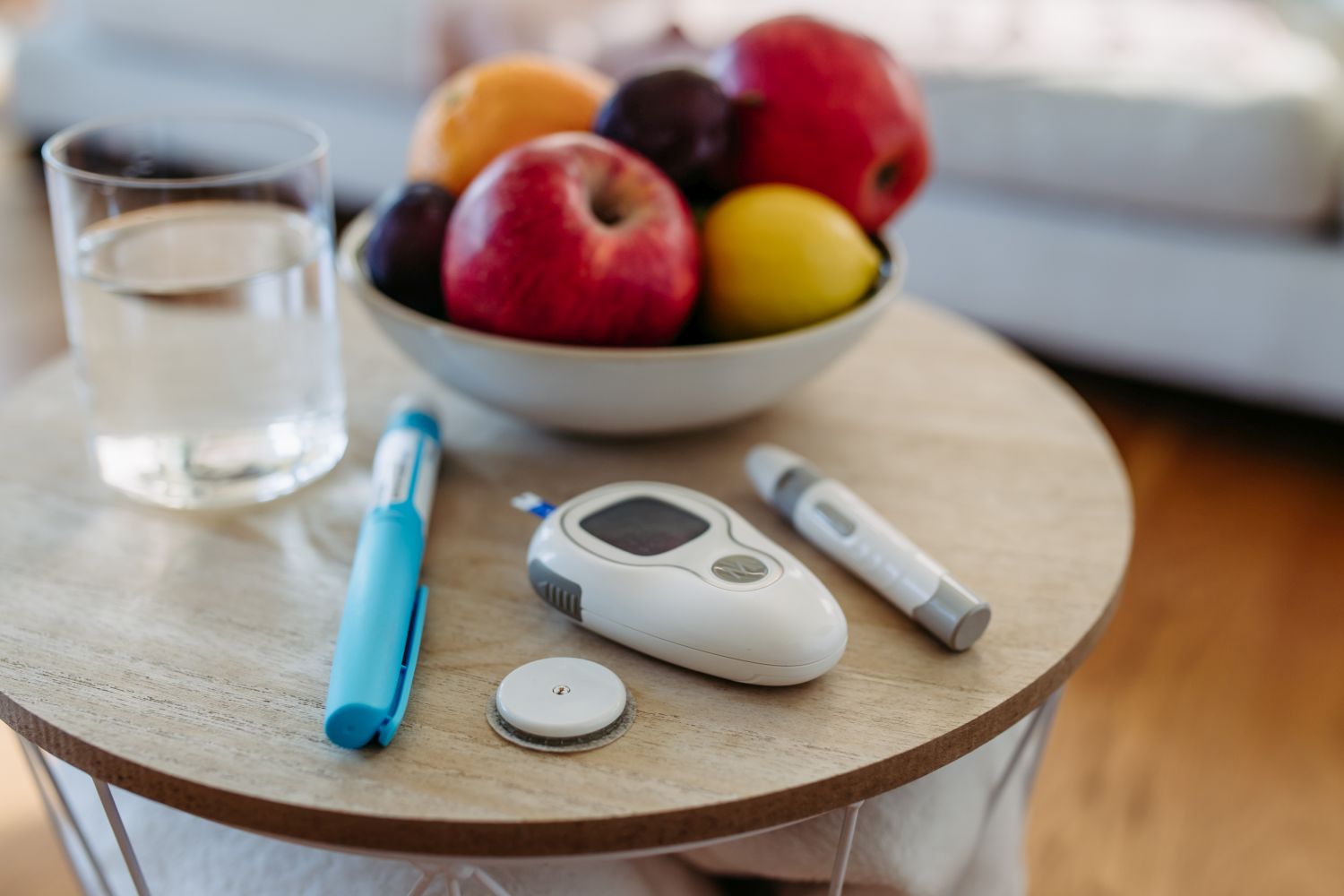The development of modern-day health care is increasingly multidisciplinary, involving not only traditional medicine, nursing science and laboratory fields but also, for example, computing scientists and other natural scientists in joint technology projects.
Akseli Reunamo graduated with a master’s degree in Biology, from Physiology and Genetics line, from the University of Turku, in 2022.
At the moment, I am completing my postgraduate studies in the Doctoral Programme in Technology at the University of Turku. My dissertation discusses deep learning and the development of clinical decision-making support systems that utilise several forms of health data. For example, patient data and nurse or physician entries can be combined. Deep learning refers to AI-based models consisting of several layers of mathematical operations. In my research, I make particular use of the methods of natural language processing. The aim of my research is to teach the model to predict events that are harmful to patients before they occur, so that they can be prevented.
Preventing harmful events and detecting them early on reduces the suffering of individuals, increases the quality of life and helps to manage care costs. My dissertation is supervised by Docent Laura-Maria Peltonen from the Department of Nursing Science at the University of Turku, Professor Filip Ginter from the Department of Computer Science at the University of Turku, and Docent Hans Moen from the Department of Computer Science at Aalto University.
Akseli started as a research assistant in the IKITIK group, led by Professor of Nursing Science Sanna Salanterä, in 2020. The IKITIK group has conducted research especially on treatment entries. The dissertation was a natural continuum, and two out of three supervisors of the dissertation are from the same group.
The TYKS Foundation’s travel grant (EUR 5,000) enabled Akseli to visit the German Research Center for Artificial Intelligence (Deutsches Forschungszentrum für Künstliche Intelligenz GmbH, DFKI), the world’s largest independent research centre focusing on artificial intelligence. DFKI focuses on the application of artificial intelligence in socially important targets, such as clinical contexts. The centre operates in nine localities in Germany. Berlin has the Speech and Language Technology department, where several researchers are utilising clinical text.

A visit to DFKI, in Berlin, would not have been possible without this travel grant. The doctoral researcher’s salary/grant is so small that it is sufficient only for everyday living costs.
Akseli’s examination period in Berlin took place between May and August 2023.
The greatest benefit of my stay was the discussion of methods, in the international community, and their application in the clinical context. We share similar challenges considering sensitive data. Relationships built with other researchers, which enable the sharing of knowledge and competence, were particularly significant.
The visit to Berlin strengthened Akseli’s perception of the importance of international cooperation. New research visits and cooperation are likely to come. There are plenty of common challenges and questions to resolve.
If we want to keep up with the development of artificial intelligence in Finland, we must invest in open science. Currently, the largest private actors dominate the development of artificial intelligence and they do not share the systems they have developed with others. It is advantageous for Finland to be able to produce AI-based systems without private actors in the future, in order to ensure the safety, reliability and fairness of the systems. This can be achieved through international cooperation with other researchers producing open science.




